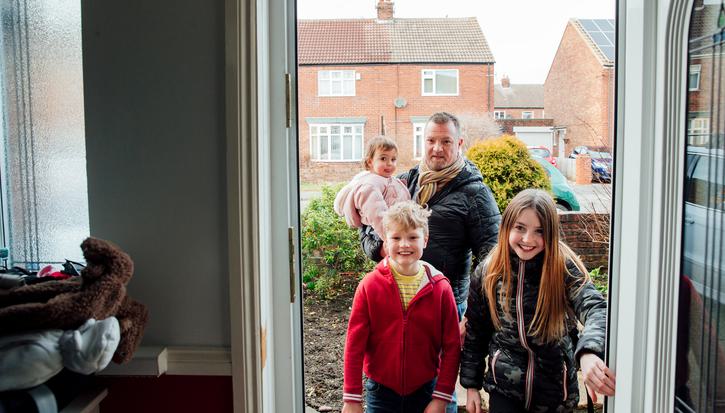Back to Rising Damp? Addressing housing quality in the private rented sector
Article
Private renting is the fastest growing sector of housing. Low levels of housebuilding, diminishing stock, rising prices and a shift in state spending from building houses to subsidising rent, mean that the percentage of households renting their homes increased in all English regions in the decade to 2011.
Policy debates around the growth of people renting privately have focused on an inability to get on the housing ladder and the ever-rising cost of rent subsidy for those on housing benefit. But there are broader issues that this debate is failing to recognise that have a profound effect on the lives of individuals and families in the sector and the places where they live.
Between 2001 and 2011, the number of private renters in poverty doubled from 2 million to 4 million
Housing standards vary wildly, and a third of privately rented homes fail to meet the Decent Homes criteria.
The growth of an under-regulated private rented sector (PRS) means that more state expenditure is directed towards property and services which it is unable to influence.
We make four general recommendations in this report:
- Local authority powers: Better use should be made by local authorities of existing powers, such as the use of selective licensing, improvement notices, hazard awareness orders and demolition orders, to persuade private landlords to maintain their property to a good standard.
- Housing management: Local authorities should establish community housing agencies as not-for-profit groups dedicated to working within the private rented sector and responsible for operating a system of landlord accreditation, tenant matching and other management services.
- Tenant support services: Alongside these agencies, PRS support teams should be established to support vulnerable private tenants.
- Housing improvements: Councils who already have an accreditation system in place should ensure home improvement grants and loans are available to landlords to enable them to meet Decent Homes criteria.
Related items

The homes that children deserve: Housing policy to support families
As the government seeks to develop a new child poverty strategy, it will need to grapple with housing – the single largest cost faced by families.
Powering up public support for electric vehicles
Tackling greenhouse gas emissions will only work if public support for action remains strong. That means ensuring tangible improvements in people’s lives and heading off any brewing backlash.
Assessing the economy
Over the past few days and weeks, there has been lots of rather histrionic commentary about the UK’s economic situation as if the budget has created an economic disaster from which we’ll never recover.